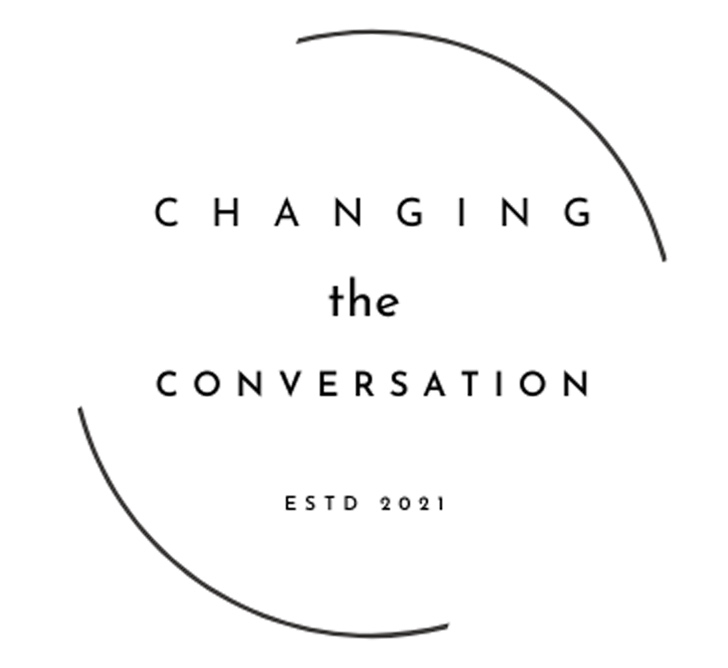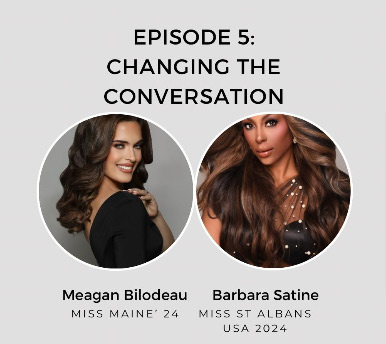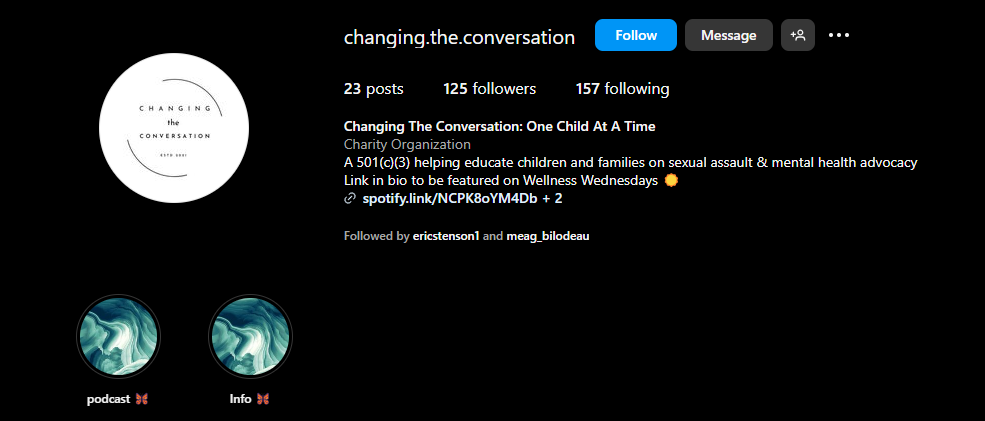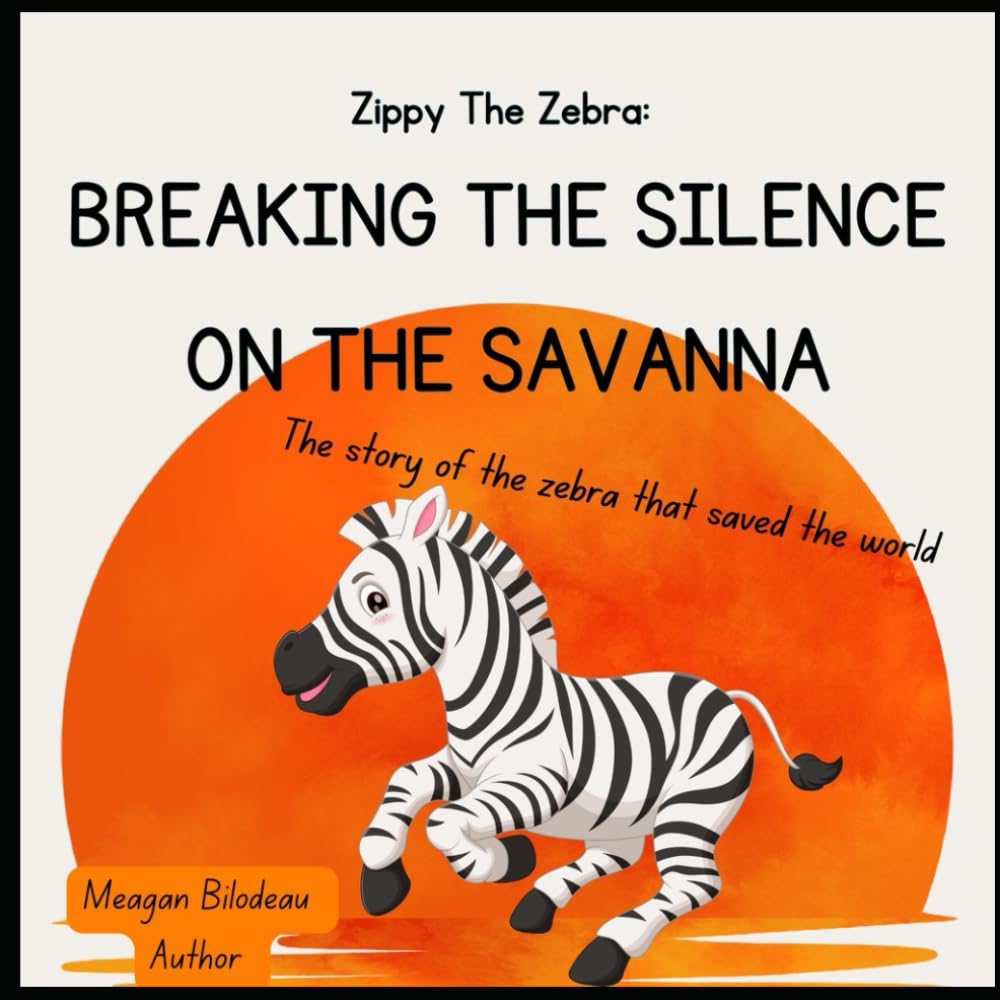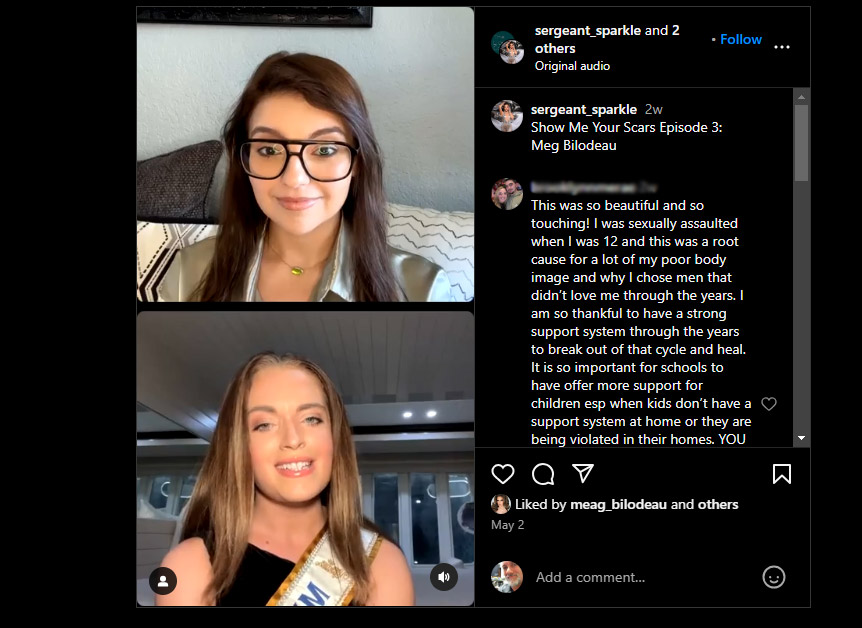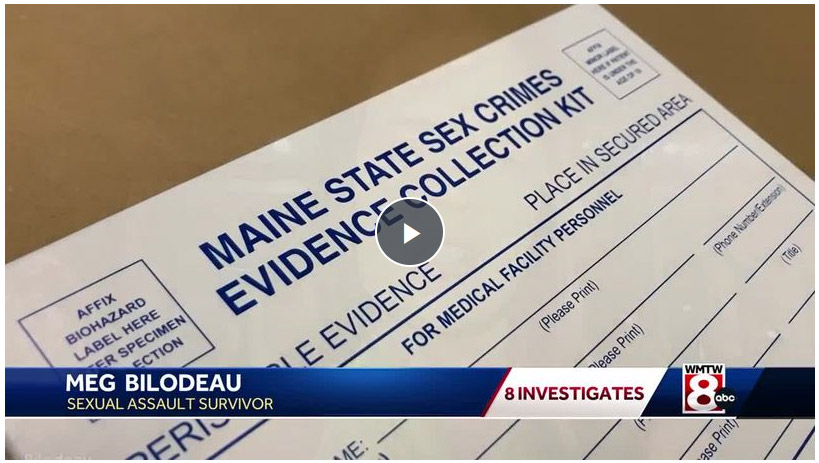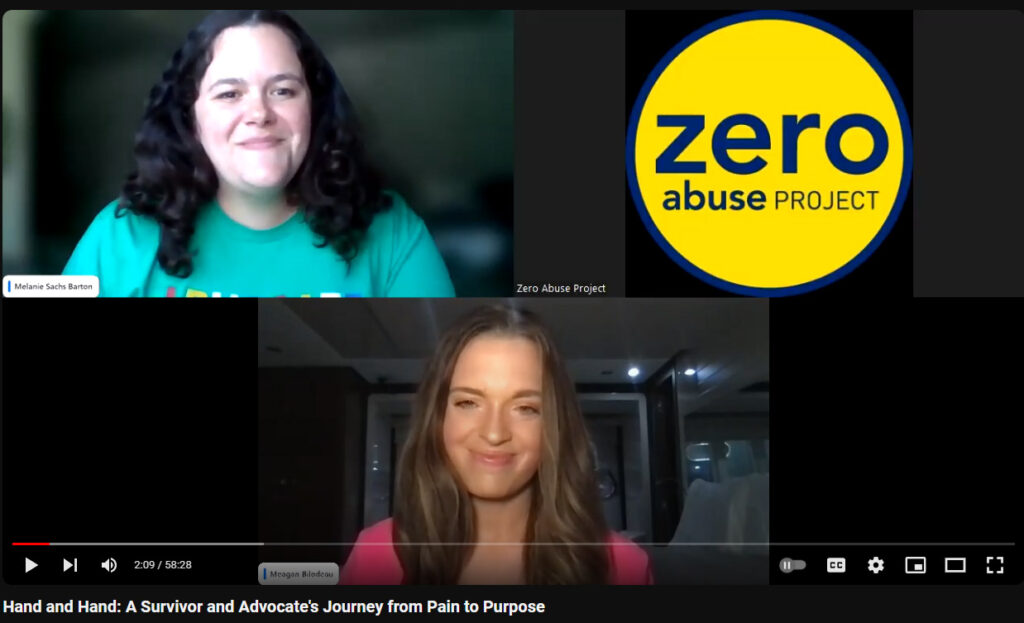“Changing the Conversation” educates children and families on the lifelong impacts of childhood sexual assault.
“Changing The Conversation” is a safe space where every child is given their voice along with a supportive space where they can discover their power in using it.
Our website candidly unveils my painful story as a survivor, supportive stories from fellow survivors, and upcoming public speaking events as a part of my organization.
Sexual abuse is any sexual activity that occurs without consent. Also referred to as sexual assault or sexual violence, it includes unwanted sexual touching, forced oral sex, and rape, among other sexual acts. No matter which act occurs, it is NOT the survivor’s fault that they are the ones that were assaulted—and help IS available to begin healing from such abuse.
How common is sexual abuse?
Sexual violence is a pervasive problem. In America, one in three women and one in four men experience sexual violence in their lifetimes, according to the National Institutes of Health. And those numbers are likely an underestimate due to the shame and fear that prevent many survivors from reporting abuse.
What are the psychological consequences of sexual abuse?
Sexual abuse can be traumatic. In the two weeks following an assault, 94 percent of women in one study reported experiencing symptoms of post-traumatic stress disorder such as flashbacks, insomnia, hypervigilance, and avoidance. They also struggled with anger, anxiety, and depression. Yet up to 90 percent of survivors may recover naturally with time, research suggests. Mental health professionals are always available to help process this painful experience.
